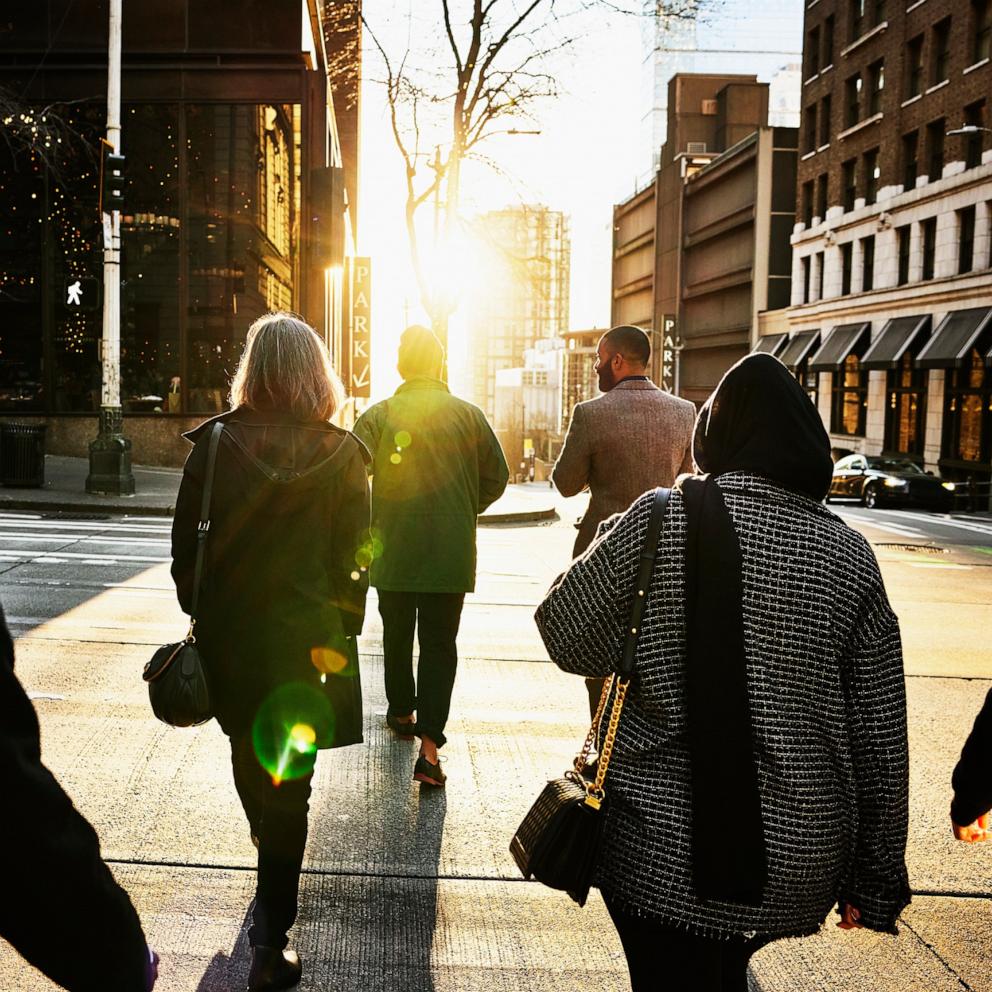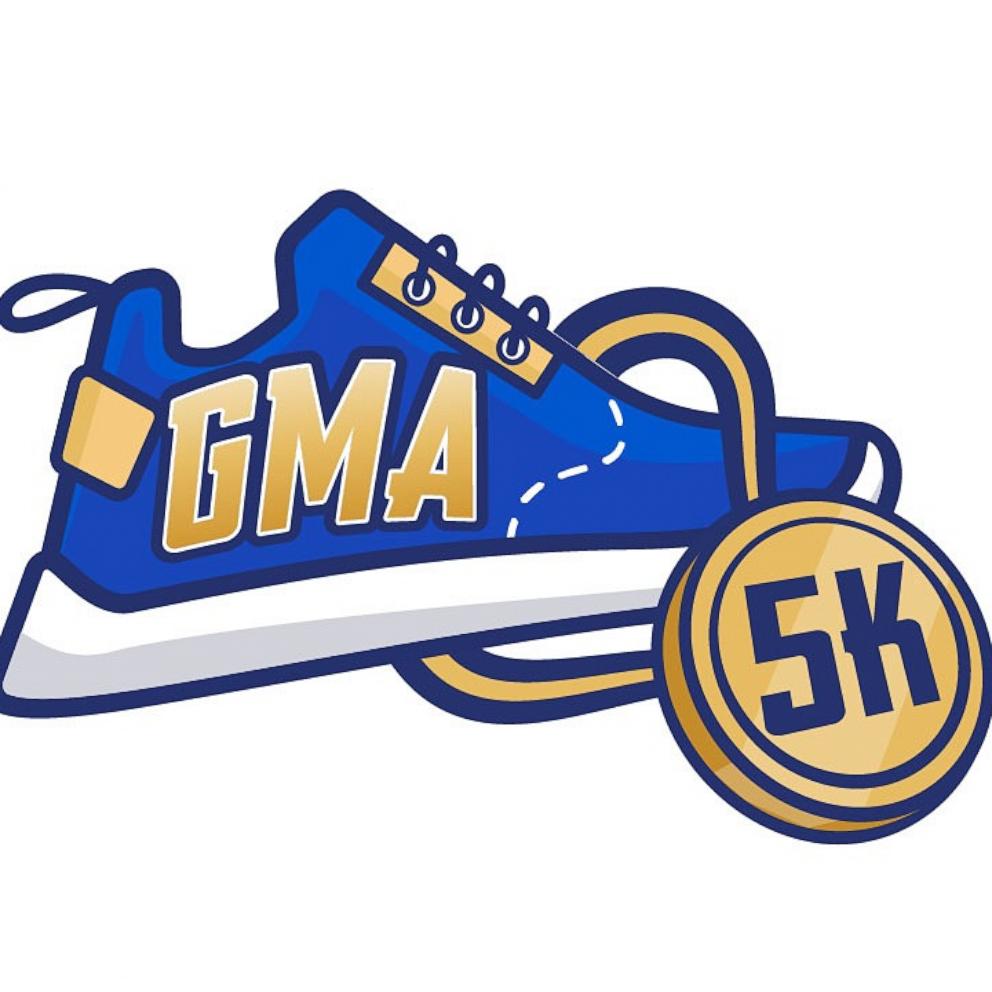3 ways you may be able to boost your vaccine response
With winter fast approaching, the Centers for Disease Control and Prevention says it's never too late to get a flu shot and a COVID-19 booster. Now, doctors are sharing tips on how to make your vaccine go the extra mile.
According to several studies, sleeping well after vaccination, getting vaccinated in the morning and not pre-medicating with new over-the-counter medications could help boost immunity.
But the most important thing, doctors say, is to get vaccinated no matter the circumstances because vaccines will still work to dramatically reduce the risk of severe illness. For those who are able, doctors say there are a few tricks that may give an extra small immunity boost after a shot.
Sleep is associated with a stronger immune system. One study showed that sleep after Hepatitis A vaccination doubled the number of immune cells formed in response to the vaccine.
“People with chronic sleep loss have higher levels of inflammation and are relatively more immunosuppressed,” said Dr. Peter Chin-Hong, an infectious disease physician at the University of California San Francisco. “Getting a vaccine regardless of sleep is better than not getting a vaccine at all.”
One 2012 study showed that those who slept less than six hours after receiving a Hepatitis B vaccination were less likely to have the appropriate immune response. A similar study showed that inadequate sleep after an influenza vaccine also resulted in an inadequate immune response. Inadequate sleep before vaccination has its risks. Shorter sleep duration two nights before influenza vaccination has been shown to lead to poorer immune response that lasts months afterward.
Time of day for vaccination also influences immunity; those who got vaccinated in the morning had greater immunity. One study showed that getting COVID-19 vaccines in the morning led to a stronger immune response than those who received afternoon vaccinations.
Humans have a natural internal clock and levels of our immune cells vary in activity throughout the course of the day.
“Get a vaccine when it is most convenient to you. Immune cells circulate around the body 24/7. But if you can prioritize getting it in the morning, you may get a small advantage,” said Chin-Hong.
If you do not take over-the-counter medications regularly, be cautious about taking them before a vaccine. Some people take anti-fever medications like ibuprofen, acetaminophen and aspirin before a shot.
“Both Tylenol and NSAIDs like ibuprofen may prevent inflammation and theoretically reduce the ability of the immune system to respond to a vaccine,” said Chin-Hong.
Some prior studies found that taking these medications before getting a vaccination may reduce immune response.
All things considered, “the most important thing is to get the vaccines,” said Chin-Hong.
Alicia Zellmer, MD, and Joy Liu, MD, are resident physicians in internal medicine and members of the ABC News Medical Unit.




